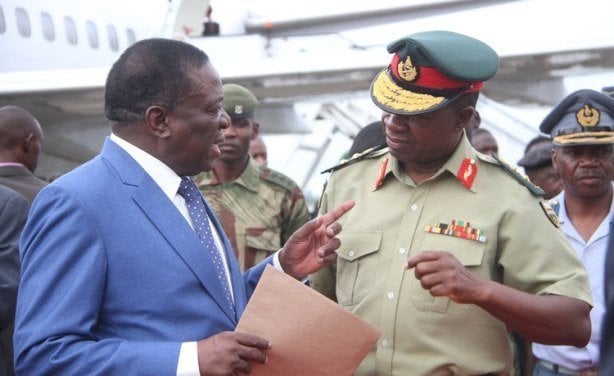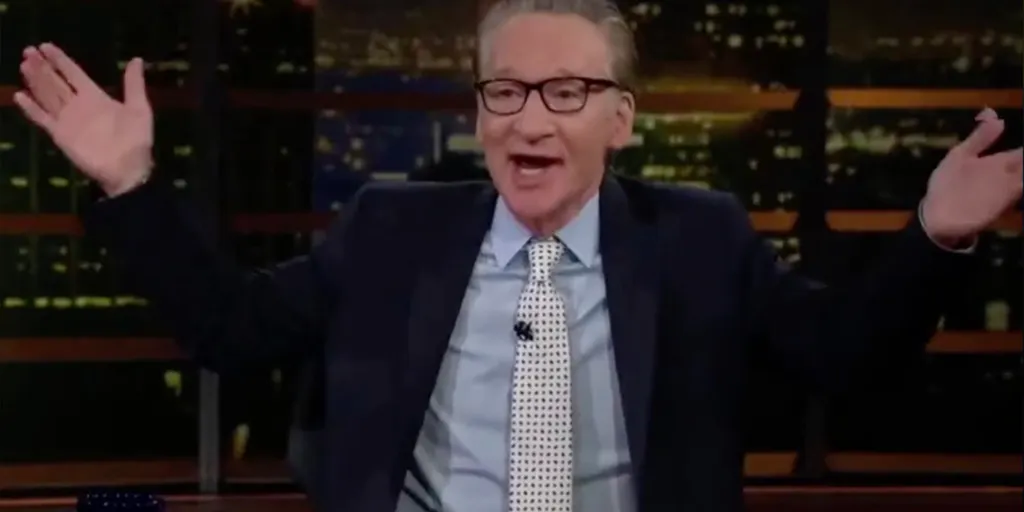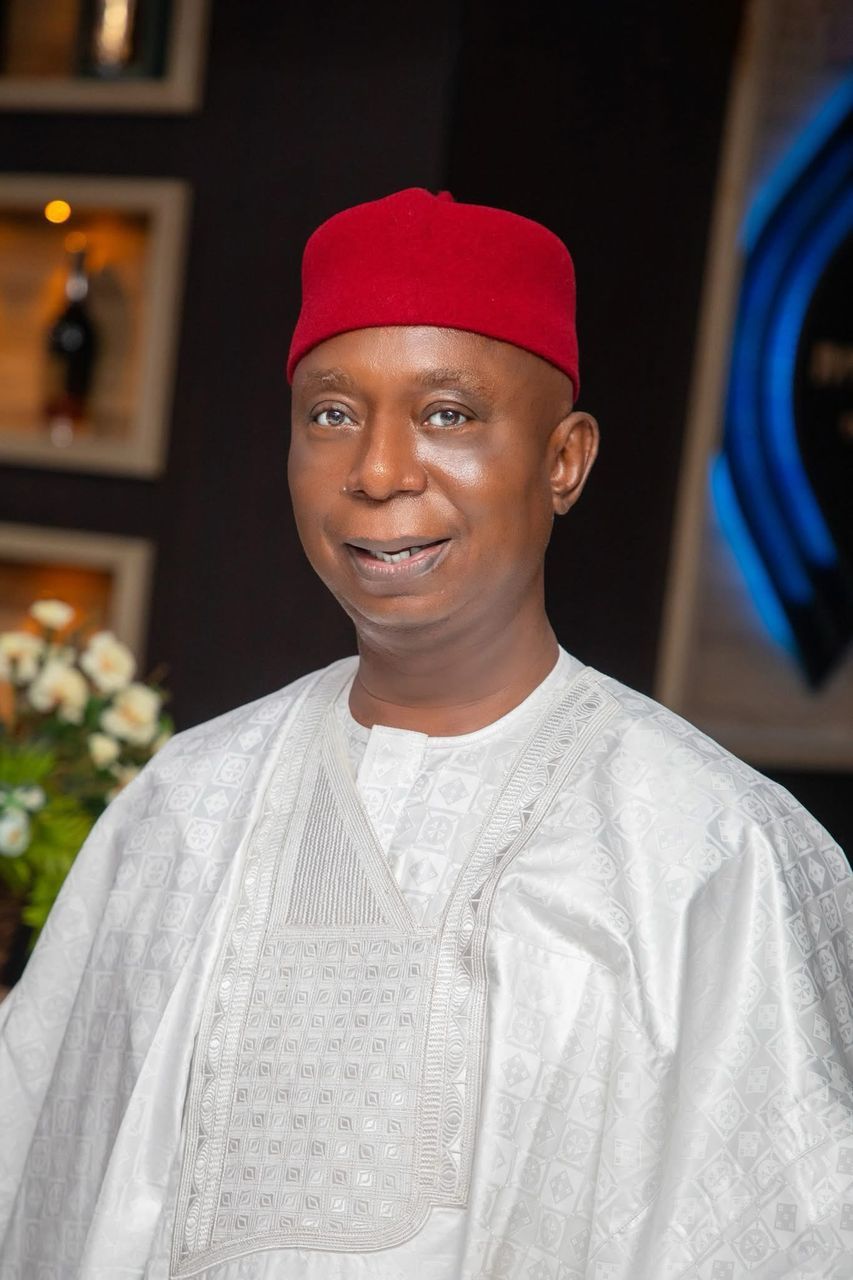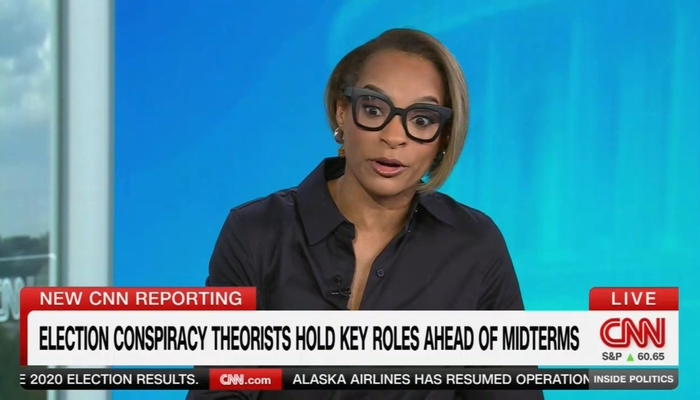Copyright zimeye

By A Correspondent — Zimbabwe Defence Forces (ZDF) Commander, General Philip Valerio Sibanda, is set to retire next month, in what political and military insiders describe as a carefully managed transition that could position him for a senior role within ZANU PF’s top leadership. According to The Masvingo Mirror, preparations for Sibanda’s handover of command are already underway at the KG6 military headquarters in Harare, signalling that the long-serving commander is on his way out. Sibanda, who has led the ZDF since 2017 following Constantino Chiwenga’s elevation to the vice presidency, is currently on pre-retirement leave and is expected to formally exit service by November 23, 2025. Sources say the handover–takeover ceremony is tentatively scheduled for November 9, and that the process is being quietly managed under President Emmerson Mnangagwa’s direct supervision. While ZDF Director of Public Relations Colonel Charles Mutizhe dismissed the reports as speculative, insisting that no official communication had been made, Defence Ministry insiders confirmed that Sibanda’s retirement plans were already in motion. “For now, no official communication has been done regarding the matter, and should the General retire, the media will be made aware through a press statement,” said Mutizhe. Defence Minister Oppah Muchinguri-Kashiri declined to comment. General Sibanda, who turned 71 this year, has served as the commander of the Defence Forces for eight years, maintaining a reputation for professionalism and restraint in a period marked by intense political manoeuvring within both the security sector and ZANU PF. Although largely viewed as apolitical compared to some of his peers, Sibanda briefly found himself at the centre of controversy last year when President Mnangagwa appointed him as an ex officio member of the ZANU PF Politburo. The appointment — unprecedented for a sitting military commander — was widely interpreted as a strategic move by Mnangagwa to draw Sibanda into the political fold and balance internal power dynamics with his ambitious deputy, Vice President Chiwenga. However, the decision backfired almost immediately. Legal experts, including constitutional lawyer Advocate Tabani Mpofu, condemned the move as unconstitutional, citing Section 208(3) of Zimbabwe’s Constitution, which prohibits serving members of the security services from engaging in partisan political activities. Within weeks, Sibanda’s name was quietly removed from the Politburo list — a move that saved the government from a potential court challenge but also exposed the blurring lines between party politics and the military establishment. Despite the controversy, analysts believe the appointment revealed Mnangagwa’s long-term intentions. “Mnangagwa was testing the waters for a post-military political transition for Sibanda,” said a political analyst based in Harare. “The idea was to bring him closer to the party structure and position him as a stabilising figure — someone who could secure loyalty within the security sector while maintaining public confidence.” Sibanda’s exit comes amid a broader reshuffle of Zimbabwe’s security leadership as Mnangagwa tightens his grip on the state ahead of the 2028 elections. In recent months, the President has replaced long-serving Police Commissioner-General Godwin Matanga with Stephen Mutamba and appointed Fulton Mangwaya as the new Director-General of the Central Intelligence Organisation (CIO), succeeding Isaac Moyo. These changes are widely viewed as part of a broader strategy to weaken military-linked factions aligned with Vice President Chiwenga, who still commands loyalty within sections of the armed forces and war veterans. Analysts say Mnangagwa’s reshuffle reflects his determination to secure both political and military control in the run-up to the next election. Sibanda’s retirement, therefore, may be more than routine. According to sources within ZANU PF, he is being considered for a top party or cabinet post following his exit — a move that would allow Mnangagwa to reward loyalty while keeping the respected general within his political orbit. “Mnangagwa wants Sibanda close enough to neutralise any potential threat but far enough to prevent him from becoming an independent power centre,” one senior party insider told The Masvingo Mirror. Since taking over the Defence Forces in 2017, Sibanda has been regarded as a moderating influence in the military — a contrast to the openly political posture of some of his predecessors. His disciplined leadership helped stabilise the army after the 2017 coup that ousted Robert Mugabe, but his growing proximity to the political elite suggests that the boundary between the barracks and the party continues to blur. As Mnangagwa prepares for his succession and the 2028 elections, the general’s next role will be closely watched. Whether as a Politburo member, cabinet minister, or diplomat, General Sibanda’s transition from the military to the political arena could reshape Zimbabwe’s power landscape — marking the latest phase in Mnangagwa’s effort to consolidate authority and manage the delicate balance between ZANU PF and the armed forces.



